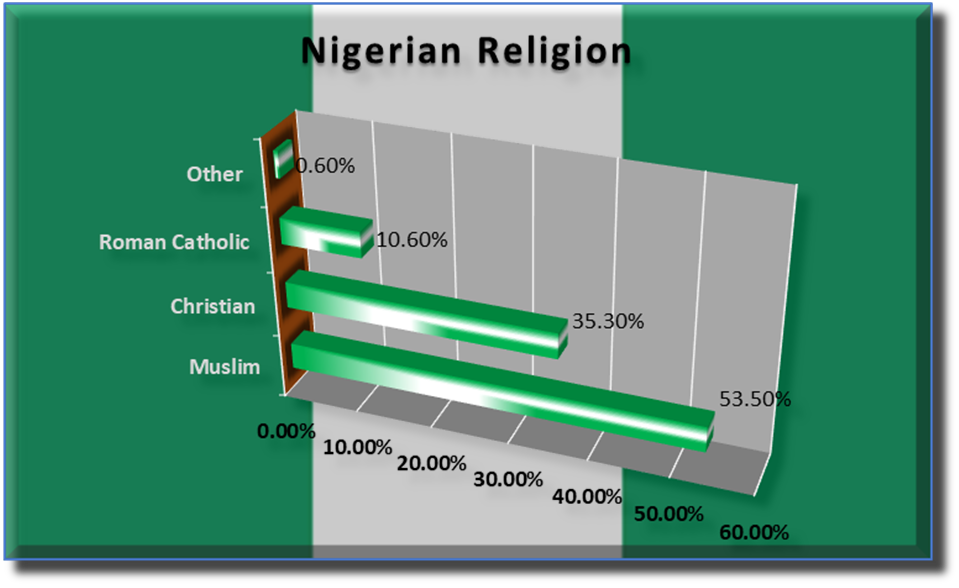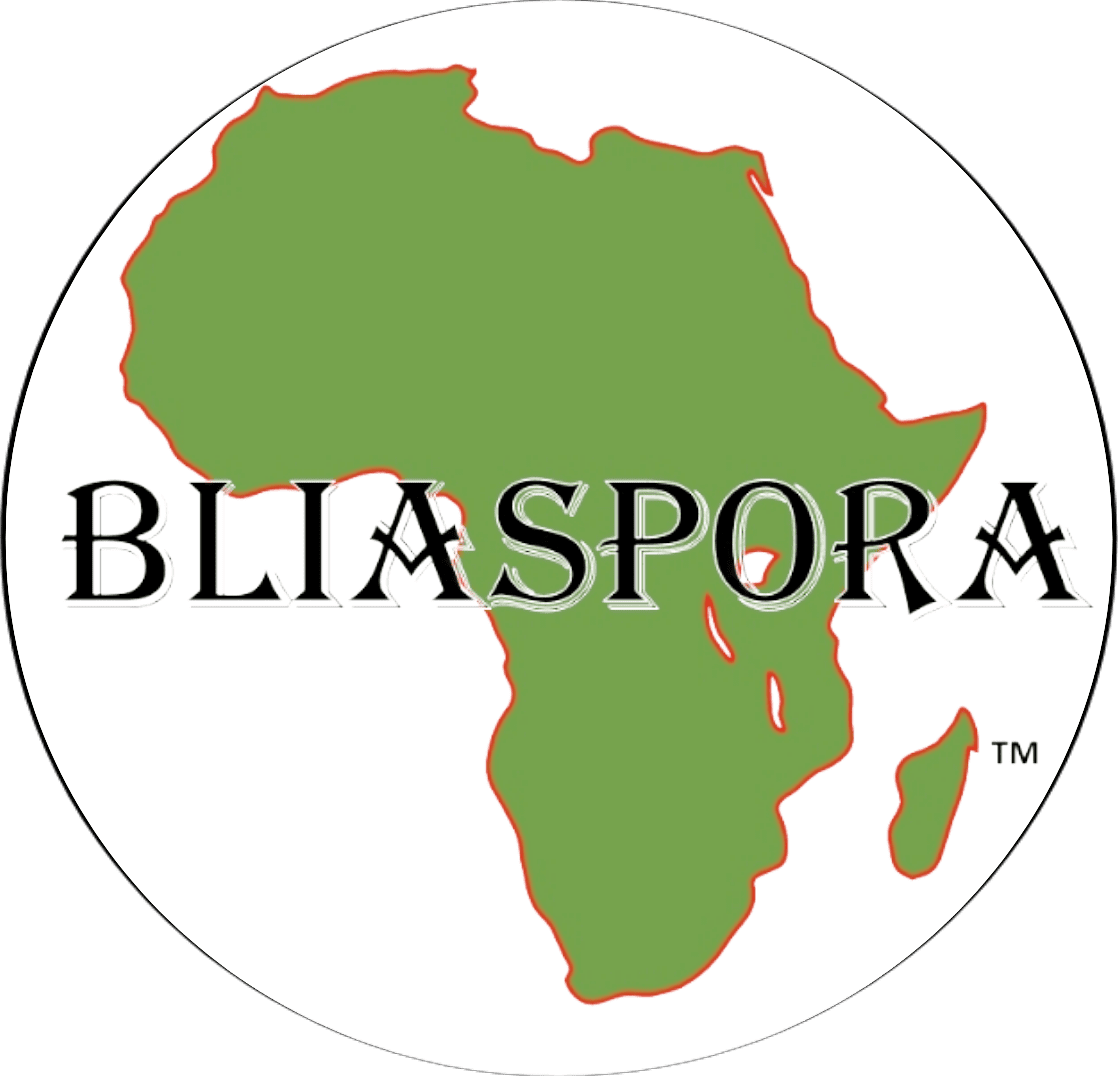Nigeria being the most populace nation in Africa and is ranked twenty-four in the world for the largest economy is something to take notice. Prior to being a British Colony, the region had empires dating back to 1500 B.C. to 500 A.D. the Nok Civilization. Pre-colonized Nigeria that overlapped with the transatlantic slave trade has existed from 1180 to 1897. Both eras’ prove the existence of a civilized people, a reason that Europeans negated to both justify both slavery and colonization. Prior to the Berlin Conference Britain laid a footprint in Nigeria in 1851 by ridding of then ruler Oba Kosoko. This meddling, which is still a common practice today, lead to the Treaty of Great Britain and Lagos on January 1, 1852. The British cemented their footprint in this region nine years later with the signing of the Lagos Treaty Cession in August 1861. of Benin that existed from 1180 to 1897. Both eras prove the existence of a civilized people, Europeans negated to both justify both slavery and Prior to the Berlin Conference1851 by ridding of then ruler Oba Kosoko. This meddling, which is still a common practice today, lead to the Treaty of Great Britain and Lagos on January 1, 1852. The British cemented their footprint in this region nine years later with the signing of the Lagos Treaty Cession in August 1861.
After the period of British rule Nigeria declared independence on October 1, 1960. The preceding years instability occurred with two military coups and civil war. The war resulted with 1 to 3 million casualties from warfare, disease, and starvation. The 1970s saw an economic boom due to oil with a return to democracy in 1979. Two military regimes were in control from 1983 to 1999, where a civilian rule took place in May of 1999.
Obasanjo was sworn in on May 29, 1999. A new constitution was also promulgated that month. Nigerians, tired of prolonged and crisis-prone military regimes, welcomed the change of government, as did the international community. In the first civilian-administered elections since the country achieved independence in 1960, Obasanjo was reelected in 2003, although there were widespread reports of voting irregularities. Although conditions in Nigeria were generally improved under Obasanjo, there was still considerable strife within the country. Ethnic conflict—previously kept in check during the periods of military rule—now erupted in various parts of Nigeria, and friction increased between Muslims and Christians when some of the northern and central states chose to adopt Islamic law (the Sharīʿah).
https://www.britannica.com/place/Nigeria/Military-regimes-1983-99#ref259740
The Law of the land is broken up into three categories:
English Law
This consists of:
(a) the received English law comprising:
(i) the common law;
(ii) the doctrines of equity;
(iii) statutes of general application in force in England on January 1, 1900;
(iv) statutes and subsidiary legislation on specified matters and
(b)English law (statutes) made before October 1, 1960 and extending to Nigeria which are not yet repealed. Laws made by the local colonial legislature are treated as part of Nigerian legislation. The failure to review most of these laws especially in the field of criminal law has occasioned the existence of what may be described as impracticable laws or legal provisions which are honored more in breach than in observance. Despite the influence of English Law, the Nigerian legal system is very complex because of legal pluralism.
Customary Law
The traditional classification of customary law is into the following categories:
- Ethnic/Non-Moslem
- Moslem law/ Sharia
In the states in the Southern part of the country, Moslem/Islamic law, where it exists, is integrated into and has always been treated as an aspect of the customary law. Since 1956, however, Islamic law has been administered in the Northern states as a separate and distinct system. Even then it has only been in relation to Muslim personal law. However, it is better to accord Islamic law its distinct status as a separate source of law because of its peculiarities in terms of origin, nature and territorial and personal scope of application.
Ethnic / Non-Moslem Law
The ethnic customary law is the indigenous law that applies to the members of the different ethnic groups. Nigeria is made up of several ethnic groups each with its own variety of customary law. Customary law is a system of law that reflects the culture, customs, values and habits of the people whose activities it regulates. It has been described as a mirror of accepted usage. Customary law is particularly dominant in the area of personal and family relations like marriage, divorce, guardianship and custody of children and succession. Naturally, differences in the customary laws of different ethnic groups do exist and this must be taken for granted. Even within an ethnic group, instances of pockets of differences in aspects of customary law are noticeable. For example, the marriage customs and inheritance rules of the Ibos of the South Eastern Nigeria are different from those of the Yorubas of the South Western Nigeria. Beyond this the customary values and systems of various Yoruba sub-ethnic groups are bound to be different even if they are in the same State. Unfortunately, ethnic customary law is unwritten, uncertain and difficult to ascertain. It is flexible and has the capacity to adapt to social and economic changes without losing its character. There have been instances of legislative interventions to modify and at times abrogate rules of customary law. Customary law is usually enforced in customary courts, the courts at the lowest rung of the hierarchy of courts, which in most cases are presided over by non-legally trained personnel, though higher courts are equally permitted to observe and to enforce the observance of rules of customary law by their enabling laws. It is to be noted the bulk of causes on the Cause List of customary courts, especially in South Western Nigeria, are matters relating to the dissolution of traditional marriages.
Islamic Law / Sharia / Moslem Law
Islamic law, unlike ethnic customary law, is written. Its principles are clearly defined and articulated. This system of law has worked with detailed thoroughness and incisive precision. It is based on the Islamic religion and was introduced into Nigeria by its practitioners as a consequence of a successful process of Islamization. This system of law is based on the Holy Koran and the teachings of Prophet Muhammad. In some areas Islamic law after its introduction completely supplanted the pre-existing system of customary laws whereas in other areas it became incorporated with customary law and the two systems have become fused and are jointly administered. Islamic law is being enforced in some states of Nigeria especially in the Northern part where populations are predominantly Moslem. The scope of operation of Islamic law has been broadened since the introduction of the Sharia legal system in the present democratic dispensation in a number of Northern states such as Zamfara, Kano, Kaduna, and Sokoto among others. The principal feature of this new development is the introduction of religious based criminal offences, especially on matters of morality and the introduction of punishments sanctioned by the Koran. The apex court, the Supreme Court of Nigeria, has not had the opportunity to pronounce on the constitutionality of punishments like amputation and stoning of a person to death, which the Sharia prescribes for certain offences.
Source: (https://www.nyulawglobal.org/globalex/Nigeria.html)
Culture
Nigerian culture is vibrant and rich of traditions, from art to music Nigeria never disappoints. Nigerian music scene is highly dependent on percussion instruments, drums, where Highlife, Afro-Beats, and Palm Wine music are the major forms of music.
Nigerian is also well known for the ancient bronze statues of Benin, that unfortunately have been stolen during colonization and can be seen in museums throughout the world. Today wood carving, bronze cast, and elaborate textiles are made. A newer form of art coming out of Nigeria is the extremely talented hyper realist artist, just using a pencil these artists are creating realistic eye-popping visuals that is simply amazing.

Note: Nigeria has over 250 ethnic groups
Data From: https://www.indexmundi.com/nigeria/demographics_profile.html

Data From: https://www.indexmundi.com/nigeria/demographics_profile.html
Languages:
- English (official)
- Hausa
- Yoruba
- Igbo (Ibo)
- Fulani
Plus 500 indigenous languages
